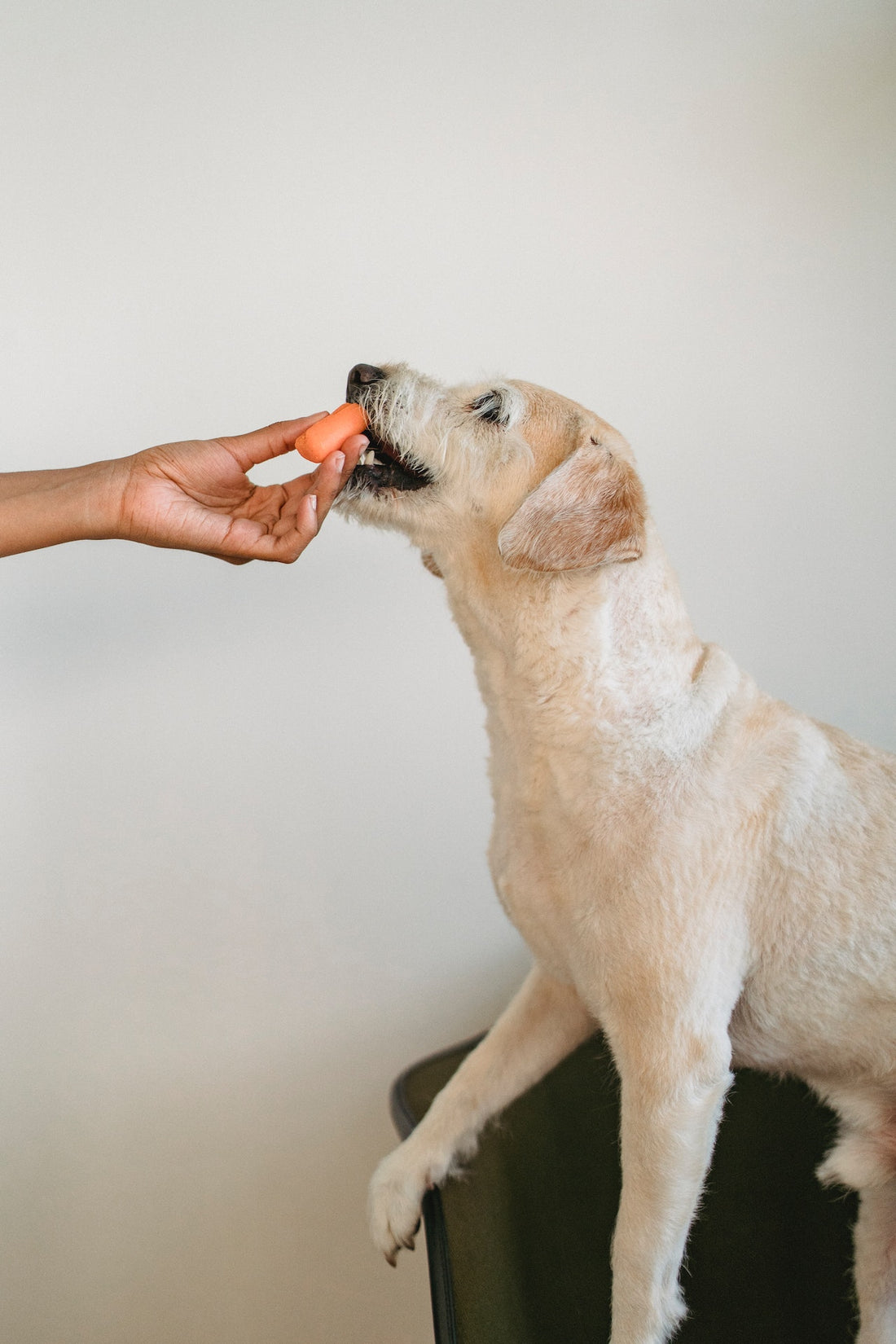Many dog owners wonder if the work of preparing homemade meals is truly worth it over simply scooping kibble into a bowl. Home cooking does take more hands-on time in the kitchen. But it also provides fresh nutrition tailored to your pup. Here are some key factors to consider when deciding if homemade dog food is worth your time.
- Ingredient Quality: Homemade dog food starts with purchasing quality whole food ingredients like meat, vegetables, grains and supplements. This gives you control over exactly what goes into your dog's diet. Store-bought kibble contains processed rendered meats, meat by-products, fillers and mass-produced vitamin packs.
- Ability to Customize: With homemade recipes, you can add or avoid specific ingredients to match your dog's needs or preferences. This level of personalization and rotation is hard to achieve with one-formula-fits-all kibble.
- Investment Required: Creating homemade dog food requires an initial investment in resources like recipes, storage containers, and supplements. You'll also need time to shop for ingredients and prepare recipes. Meal planning is key.
- Cost Comparison: Prepared homemade dog food can cost up to $12 per pound. But recipes made from scratch at home average just $2 to $3 per pound. When sourced smartly and in bulk, ingredients for homemade recipes are affordable.
- Health Benefits: Numerous studies and anecdotal reports suggest homemade food improves coat quality, allergies, tear staining, dental health, stool consistency and immunity in dogs. Owners praise homemade for benefits like increased energy and vet checkups with ideal weight and blood work.
- Kitchen Confidence: If you feel unsure about balancing nutrition and properly handling and storing meat, kibble may be the less risky choice. To cook safely, you’ll need to understand canine nutritional guidelines plus store and reheat food properly. Consulting with a vet is highly recommended.
- Lifestyle Factors: Home cooking takes free time for shopping, prep work, cooking and cleaning up. It also requires access to refrigerator and freezer storage space. For owners with packed schedules or limited kitchen resources, kibble offers simplicity.
Ultimately, the decision of whether or not to make homemade dog food is a personal one. There are pros and cons to both approaches. Weigh your lifestyle, willingness to cook, and your dog's health profile to decide what is best for you and your furry friend.
If you do decide to make homemade dog food, be sure to do your research and consult with a veterinarian to ensure that your recipes are nutritionally balanced.
Here are some additional tips for making homemade dog food: * Start with a good recipe from a reputable source. * Use fresh, high-quality ingredients. * Cook food thoroughly to kill any harmful bacteria. * Store food properly in the refrigerator or freezer. * Start slowly and gradually transition your dog to a new diet. * Monitor your dog's weight and health throughout the transition.
With a little planning and effort, you can easily make homemade dog food that is both nutritious and delicious.

